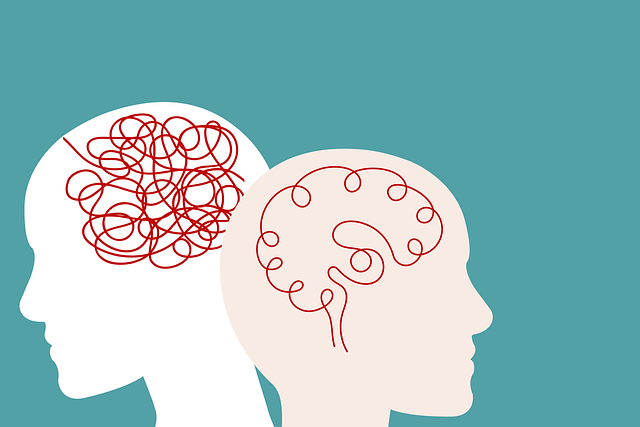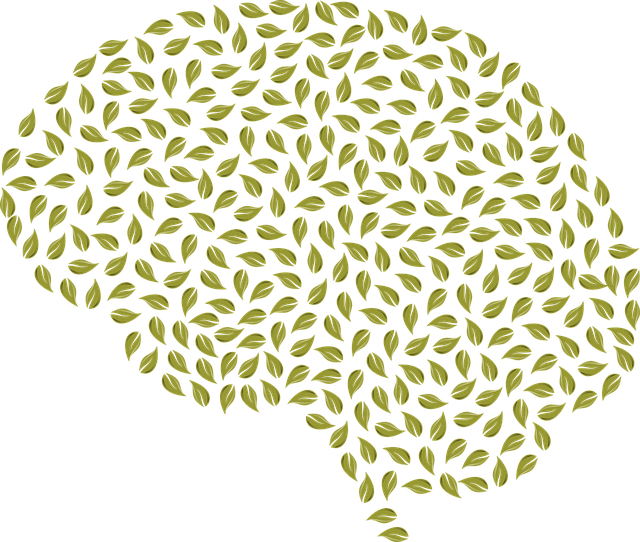Mental wellness, a holistic concept encompassing emotional, psychological, and social well-being, is vital for navigating life's challenges. Englewood Interpersonal Issues Therapy (EIIT) is a powerful tool addressing interpersonal issues contributing to psychological disorders. By focusing on communication, conflict resolution, and emotional regulation, EIIT fosters understanding and destigmatizes mental health concerns within communities like Englewood. The therapy equips individuals with coping strategies, builds resilience, and promotes self-care practices for long-term well-being. Through integrated programs, advocacy, and tailored treatment plans, EIIT enables clients to take charge of their mental health, creating supportive environments for everyone to flourish.
Mental wellness is a cornerstone of overall health, profoundly influencing our daily lives and overall well-being. This article explores strategies to promote mental wellness, including the impact of evidence-based practices like Englewood Interpersonal Issues Therapy (EIIT). We delve into key areas such as understanding mental wellness, building resilience, fostering open communication, and integrating self-care for sustained mental wellbeing. By examining these aspects, readers gain valuable insights into enhancing their mental health trajectory.
- Understanding Mental Wellness and Its Impact on Daily Life
- The Role of Englewood Interpersonal Issues Therapy in Promoting Mental Health
- Strategies for Building Resilience and Coping Skills
- Creating a Supportive Environment for Open Communication
- Integrating Self-Care Practices for Long-Term Mental Wellbeing
Understanding Mental Wellness and Its Impact on Daily Life

Mental wellness refers to our emotional, psychological, and social well-being. It impacts every aspect of our lives, from how we interact with others in Englewood interpersonal issues therapy settings to how we manage stress and make important decisions. When individuals prioritize their mental wellness, they develop effective coping mechanisms, enhance resilience, and cultivate a sense of purpose and happiness.
Incorporating practices like emotional regulation techniques and crisis intervention guidance is crucial for maintaining good mental health. These strategies help individuals navigate stressful situations, manage difficult emotions, and build supportive networks. Furthermore, advocacy in mental health policy analysis plays a vital role in creating communities that prioritize access to quality care, reduce stigma, and foster an environment where everyone can thrive.
The Role of Englewood Interpersonal Issues Therapy in Promoting Mental Health

Englewood Interpersonal Issues Therapy (EIIT) plays a pivotal role in promoting mental wellness by addressing interpersonal challenges that often underlie many psychological disorders. This therapeutic approach focuses on improving communication, conflict resolution, and emotional regulation skills among individuals and within communities. Through EIIT, clients learn to navigate social interactions more effectively, fostering healthier relationships and reducing the risk of mental health deterioration.
In addition to individual therapy, EIIT is integrated into various community-based programs, including Mental Health Policy Analysis and Advocacy initiatives and Public Awareness Campaigns Development. By promoting understanding and destigmatization around mental health issues, these collaborative efforts encourage open conversations that can lead to policy changes and improved access to care. Embracing Mind Over Matter Principles, EIIT empowers individuals to take control of their mental well-being, emphasizing the profound impact that social connections and self-awareness can have on overall mental health.
Strategies for Building Resilience and Coping Skills

Building resilience is a key component of mental wellness promotion, allowing individuals to navigate life’s challenges with adaptability and strength. Englewood Interpersonal Issues Therapy emphasizes the importance of teaching practical coping skills to enhance one’s ability to manage stress and difficult emotions effectively. By fostering emotional intelligence, individuals can better understand their feelings and those of others, leading to improved relationships and a sense of belonging. This, in turn, boosts self-esteem and provides a solid foundation for coping with life’s curveballs.
One powerful tool within the therapeutic toolkit is mindfulness meditation. It encourages individuals to focus on the present moment, reducing rumination on past events or worry about the future. Regular practice has been shown to alleviate anxiety and enhance overall well-being. Combining these strategies equips individuals with a comprehensive set of tools to build mental fortitude and maintain a positive outlook, even in the face of interpersonal challenges.
Creating a Supportive Environment for Open Communication

Creating a supportive environment is pivotal for encouraging open communication about mental wellness, especially in communities like Englewood where interpersonal issues are prevalent. This involves fostering a safe and non-judgmental atmosphere where individuals feel comfortable sharing their experiences and concerns. Therapists play a crucial role in setting this foundation by ensuring sessions remain confidential and promoting active listening, allowing clients to express themselves freely.
By creating such an environment, mental health professionals can better understand the unique challenges faced by their clients. This awareness is essential for tailoring effective treatment plans, focusing on mood management strategies, and addressing broader mental health policy concerns. It also facilitates proactive risk management planning, ensuring professionals are equipped to handle potential crises while providing optimal care within Englewood’s community context.
Integrating Self-Care Practices for Long-Term Mental Wellbeing

Incorporating self-care practices is paramount for maintaining long-term mental wellness. This involves a holistic approach where individuals prioritize their emotional, physical, and psychological needs. Simple yet effective strategies such as regular exercise, mindfulness meditation, and sufficient sleep can significantly contribute to enhancing resilience against stress and anxiety. Engaging in activities that bring joy and a sense of accomplishment, like hobbies or quality time with loved ones, also plays a crucial role in fostering mental wellbeing. For instance, Englewood Interpersonal Issues Therapy (EIIT) emphasizes the importance of self-care as an integral part of its crisis intervention guidance, empowering individuals to develop sustainable coping mechanisms.
Beyond personal practices, community outreach program implementation and mental health policy analysis and advocacy are essential components of promoting mental wellness on a larger scale. By fostering supportive environments and providing accessible resources, communities can ensure that everyone has the opportunity to prioritize their mental health. Crisis intervention services, such as those offered through EIIT, become more effective when backed by comprehensive mental health policies that advocate for early intervention, prevention, and ongoing support.
Mental wellness is a cornerstone of overall health, and by understanding its impact on daily life, we can empower ourselves and others. Englewood Interpersonal Issues Therapy offers effective tools for navigating interpersonal challenges, fostering resilience, and enhancing coping skills. Integrating self-care practices in our routines creates a supportive environment for open communication, enabling us to build mental strength and achieve long-term wellness. Let’s embrace these strategies to cultivate a healthier, more balanced life.














